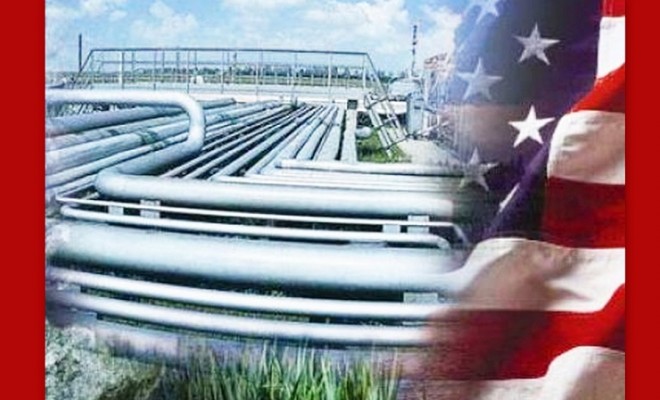
How to Disable Putin’s Energy Weapon
Only by integrating Europe into a better network of energy security can NATO truly protect its members.
Russia should be terribly vulnerable to international sanctions. It imports almost every product that defines a modern economy. Its elites have stashed enormous sums overseas, where they are vulnerable to foreign regulation and sequestration. Its total GDP is a little less than Canada’s, a little more than Mexico’s.
And yet by all accounts, Russian President Vladimir Putin has been shrugging off threats of new sanctions if he attacks Ukraine. Maybe Putin is bluffing. But if so, he has taken his bluff very far, keeping more than 100,000 Russian troops in battle-ready positions through mid-winter.
Maybe, however, Putin has assessed that Western democracies’ threat to issue sanctions “like none he’s ever seen” is a bluff? He has some good basis to doubt European resolve.
Western Europe is facing sharp rises in electricity prices this winter. Through the autumn and early winter, wholesale electricity contracts traded for more than 300 euros per megawatt-hour almost everywhere on the continent; in France and Switzerland, prices reached nearly 400 euros. Contracts in the United States at the same time normally traded in the $20–$35 range, and rarely exceeded $100.
The price increases stemmed from a worrying shortfall of natural gas. Europeans have invested heavily in renewable energy. But gas remains a crucial gap-filling fuel, not only for power generation but also for heating homes and cooking food. European energy markets apparently foresaw grim natural-gas shortages ahead.
Συνέχεια εδώ
Πηγή: defenseone.com




